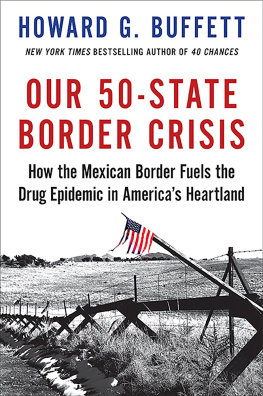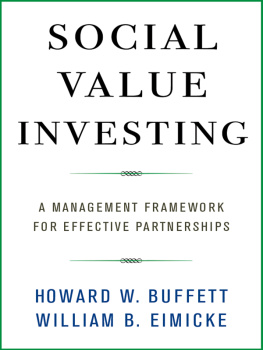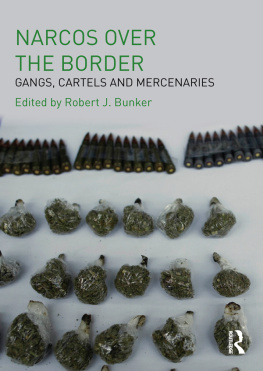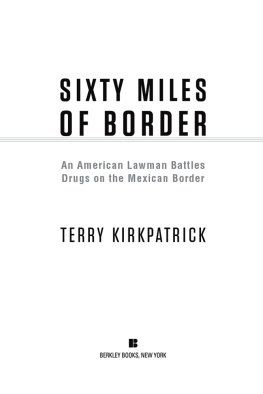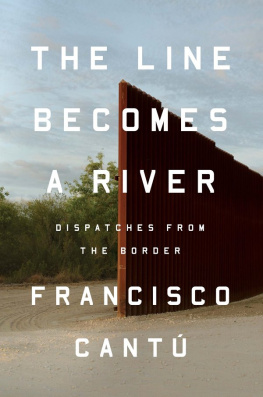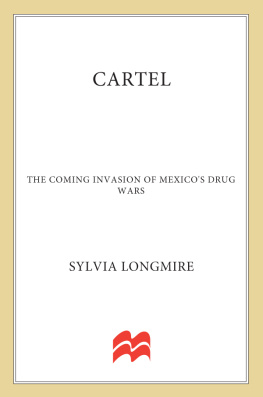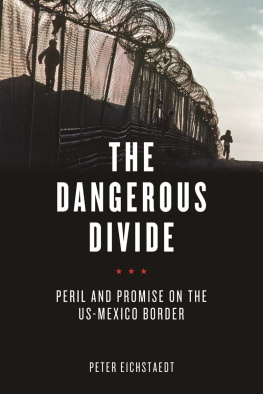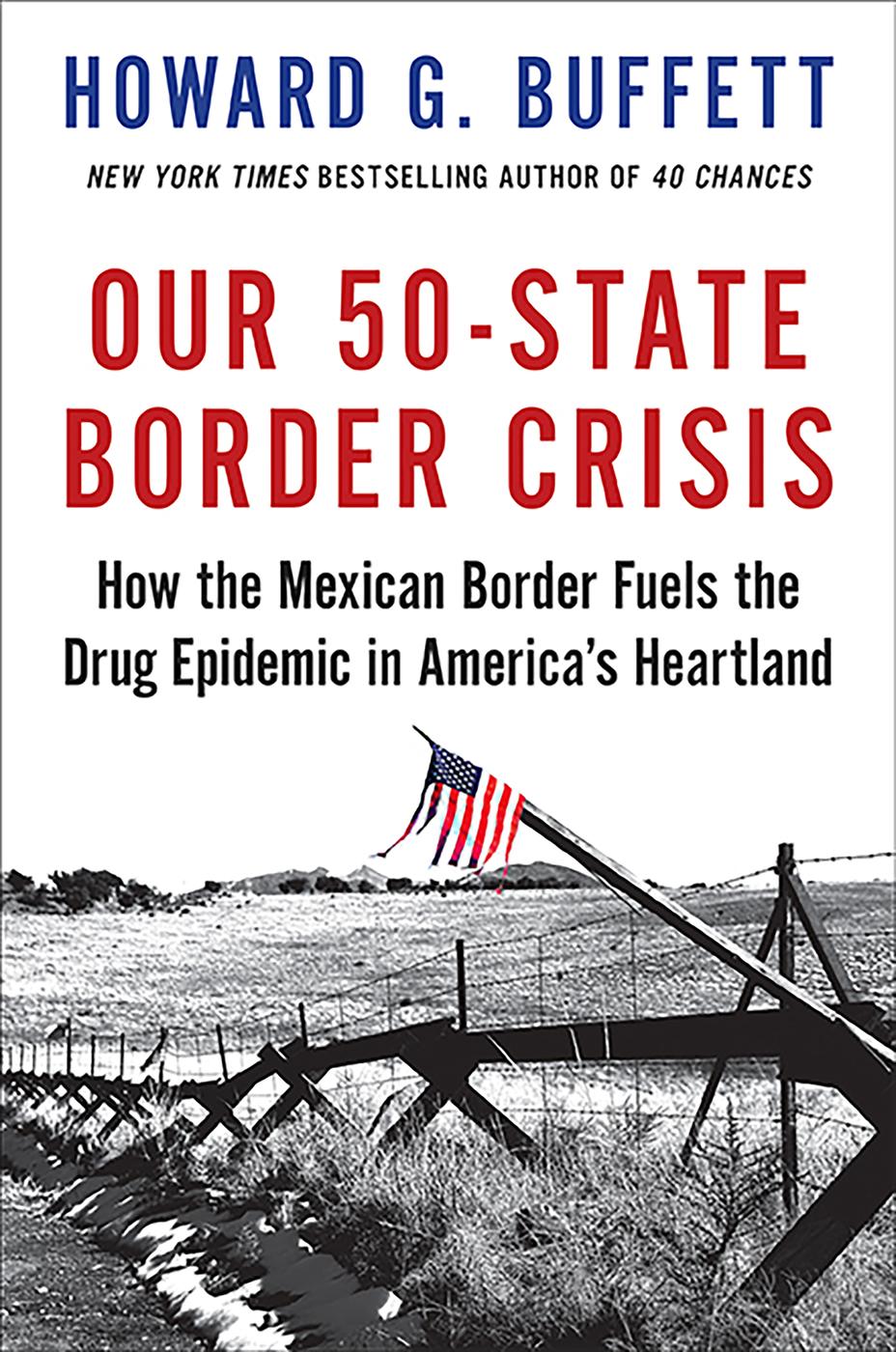
Copyright 2018 by Howard G. Buffett
Jacket design by Amanda Kain
Jacket copyright 2018 by Hachette Book Group, Inc.
Hachette Book Group supports the right to free expression and the value of copyright. The purpose of copyright is to encourage writers and artists to produce the creative works that enrich our culture.
The scanning, uploading, and distribution of this book without permission is a theft of the authors intellectual property. If you would like permission to use material from the book (other than for review purposes), please contact permissions@hbgusa.com. Thank you for your support of the authors rights.
Hachette Books
Hachette Book Group
1290 Avenue of the Americas, New York, NY 10104
hachettebooks.com
twitter.com/hachettebooks
First edition: April 2018
All photos taken by the author unless otherwise indicated.
Hachette Books is a division of Hachette Book Group, Inc. The Hachette Books name and logo are trademarks of Hachette Book Group, Inc.
The publisher is not responsible for websites (or their content) that are not owned by the publisher.
The Hachette Speakers Bureau provides a wide range of authors for speaking events. To find out more, go to www.hachettespeakersbureau.com or call (866) 376-6591.
Library of Congress Cataloging-in-Publication Data has been applied for.
ISBNs: 978-0-316-47661-4 (hardcover), 978-0-316-47658-4 (ebook)
E3-20180215-DA-NF
This book is dedicated to my wife, Devon.
Her support, understanding, advice, patience, and love inspire me to keep trying to make a positive difference for those who suffer.
And, to Billy Rogers.
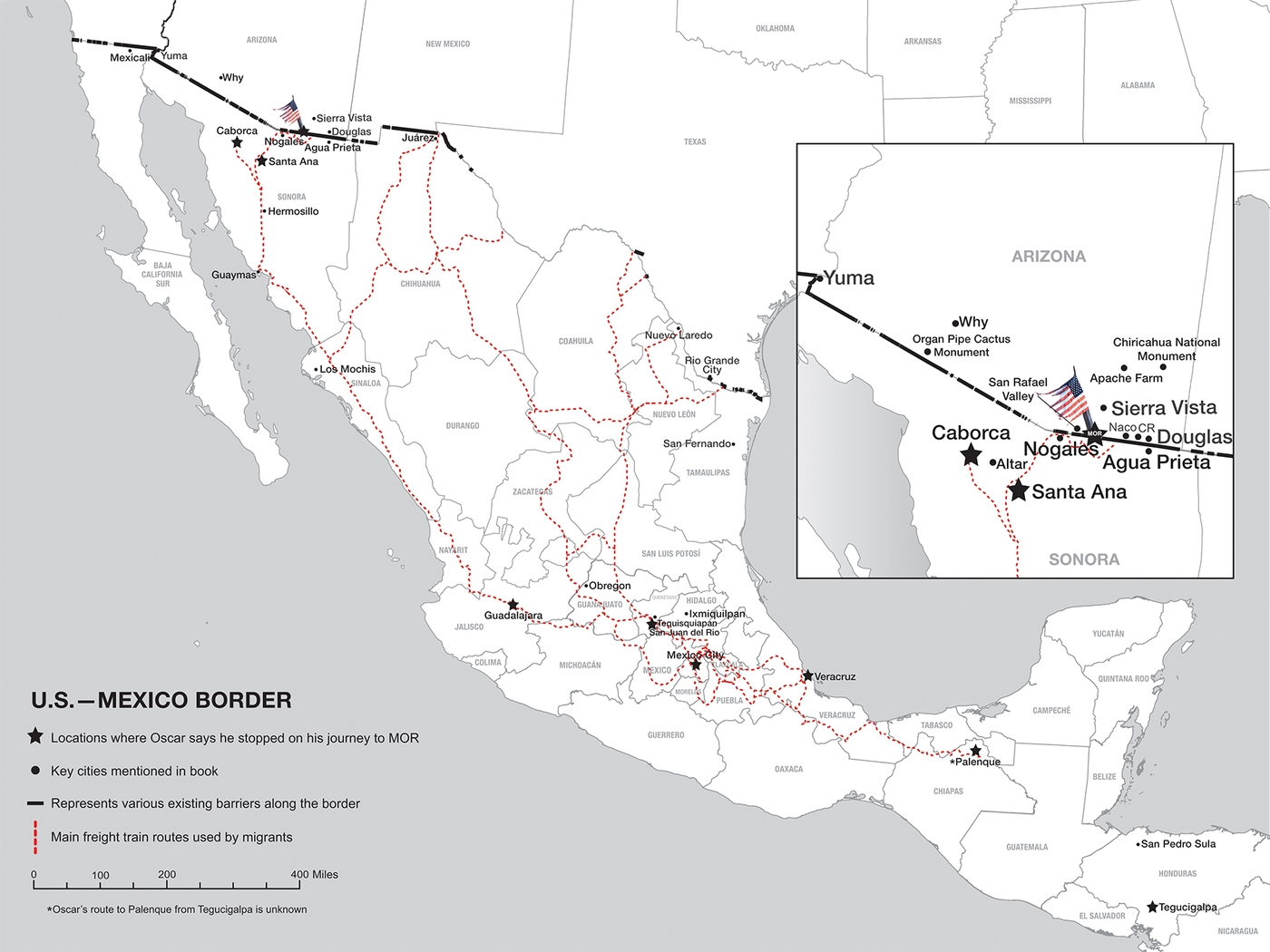
ATF: Alcohol, Tobacco, and Firearms
AOR: Border Patrol Areas of Responsibility
BP: U.S. Border Patrol
CBP: U.S. Customs and Border Protection
CCSO: Cochise County Sheriffs Office
DACA: Deferred Action for Childhood Arrivals
DEA: Drug Enforcement Administration
DPD: Decatur Police Department
DOD: Department of Defense
DHS: Department of Homeland Security
FBI: Federal Bureau of Investigation
FEMA: Federal Emergency Management Agency
GAO: Government Accountability Office (formerly the General Accounting Office)
GIS: Geographic information system
ICE: Immigration and Customs Enforcement
INL: Bureau of International Narcotics and Law Enforcement Affairs
KIND: Kids in Need of Defense
MCSO: Macon County Sheriffs Office
MS-13: Mara Salvatrucha-13
NBPC: National Border Patrol Council
NGO: Non-governmental organization
NORTHCOM: U.S. Northern Command
NSC: National Security Council
OFAC: U.S. Department of the Treasurys Office of Foreign Assets Control
PAIC: Patrol Agent in Charge
PRI: Partido Revolucionario Institucional
PERF: Police Executive Research Forum
POE: Port of Entry
SOUTHCOM: U.S. Southern Command
TSA: Transportation Security Administration
UDA: Undocumented alien
USCIS: U.S. Citizenship and Immigration Services
USCG: U.S. Coast Guard
WFP: World Food Programme
A number of individuals whose comments and insights appear in this book either live in or have left situations where violence is a constant threat. I use pseudonyms for those at risk, and I have not identified their hometowns or given specific details about where they are living now.
Foreword
by Senator Heidi Heitkamp
Howard G. Buffett is one of the most brilliant, outside-the-box thought leaders Ive ever met. His ideas often challenge the status quo and force people out of their comfort zones. His foundation specializes in helping vulnerable people in some of the most dangerous and difficult situations on Earth, and he lives by a hard-and-fast rule: You must take risks and not be afraid to fail, because the same stale thinking and ideas will get you nowhere.
As a member of the U.S. Senate Homeland Security Committee and former attorney general of North Dakota, I have considered U.S. border security and the consequences of smuggling illegal narcotics, people, weapons, and other contraband into and out of our country priorities for some time. Unfortunately, this important topic has been burdened with half-truths, false facts, and partisan bickering. In Our 50-State Border Crisis Howard courageously takes on an issue that challenges our sense of what it means to be an American. We are at once a nation built on the rule of law, and yet we embrace a longstanding moral obligation to help those in need. We are a nation of immigrants, but to be a nation we must protect our borders from the truly evil cartel forces that cross them every day.
All writers have biases. Howards bias is for facts. Howard paints a high-definition picture of the border that he has lived as a ranch owner, a law enforcement officer, a humanitarian, and a photographer. The book starts from one very basic set of facts: The U.S. border with Mexico is not secure. And yet at the same time we have refugees and economic migrants arriving at our border whose challenges and needs we must address. His stories of his experiences and travels in Mexico and the Northern Triangle countries of Central America, and of his interactions with migrants, violent gang members, ranchers, law enforcement, and leaders struggling to help their countries recover from years of conflict, are vivid and powerful.
I first met Howard several years ago when a friend suggested I talk to him before I traveled to Africa, where our congressional delegation was attending briefings on food security. I was promised a lively and interesting conversation on soil and water conservation. Given the topics, I thought, Maybe. Well, within fifteen minutes on the phone I knew Howard was the real deal. He is an expert on the fragility of soils and water issues, and I learned how his foundation was investing in a farm in Arizona to try new soil and water conservation techniques that could be used in Africa.
In the same call, I explained to Howard that I was focusing on the challenges in Central America and Mexico and the resulting border security issues. Through my platform on the Homeland Security Committee, I felt that I had some ability to influence our policy toward those regions. Howard invited me to Arizona to see the soil and water conservation work, but also to see the effort he was making to understand and develop data about border security. The price of my admission to his farm and ranch was that I could not bring any staff, and I had to read his 2013 book 40 Chances: Finding Hope in a Hungry World.
Youre on, I said. I read 40 Chances, not because I thought I would find enlightenment, rather because I said I would. Instead, I found I could not put it down. Books about foundations work so often involve fluffy tales of success, hope, and happiness. In 40 Chances, I found honest autopsies of failures as Howard has tried to solve hunger crises all over the world: an example about how an intervention may have caused more problems than it solved or how a huge investment had only limited impact. The book showed how money and good intentions dont make complicated situations and issues any less so. The lesson is: You dont abandon the effort, but you must approach solving these problems with honesty.

